What is an ideal thriving workplace? It is no longer about flexible working hours or increased salaries. It is how organizations take care of and ensure the mental well-being of employees is taken care of. With the increasing volume of debate on workplace wellness, HR leaders are becoming more and more cognizant of the fact that emotional health is central to a successful and strong workforce.
The Shift Toward Employee Well-Being
Remote working, burnout, and perpetual connection has dissolved the professional and personal life boundaries. The pressure is taking a toll on employees and the HR professionals cannot handle the mental damaging concepts behind performance figures.
A greater number of organizations currently regard mental health support as a need and no longer as a choice. Everything is affected by it: employee engagement and retention and even brand reputation. The point is made, healthy mind is healthy organization.
Why HR Is Taking the Lead
HR sits at the center of people management. It’s their job to notice the silent signals—fatigue, withdrawal, or declining morale. The need for mental health awareness programs and employee assistance initiatives has never been greater.
Key focus areas include:
● Encouraging open dialogue around stress and anxiety
● Offering mental wellness training for managers
● Introducing confidential counseling and therapy sessions
● Promoting work-life balance through flexible policies
By investing in these, HR teams are not only building trust but also preventing long-term burnout that affects performance and team culture.
From Wellness Programs to Real Change
For years, wellness initiatives meant yoga sessions or gym memberships. But real change goes deeper. HR is now crafting strategies around psychological safety, inclusion, and empathy. Leaders are being trained to recognize signs of distress and handle sensitive conversations better.
Digital well-being platforms and anonymous surveys are helping HR understand employee sentiment in real time. The goal is simple: to move from reaction to prevention. Instead of waiting for a breakdown, organizations are learning to intervene early.
The ROI of Mental Health Investment
Ignoring mental health costs more than addressing it. Absenteeism, high turnover, and disengagement quietly drain company resources. On the other hand, companies that prioritize mental health in the workplace see measurable benefits:
● Improved focus and creativity
● Lower stress-related absenteeism
● Higher job satisfaction and loyalty
● Better collaboration and morale
By nurturing mental wellness, HR departments are not just protecting employees—they’re strengthening the business from within.
The Road Ahead
As the future of work evolves, employee mental health management will remain a defining HR challenge. Hybrid work, digital fatigue, and constant change will test resilience levels. The next step for HR is to normalize conversations, remove stigma, and embed well-being into daily culture.
It’s no longer about “helping those who struggle.” It’s about creating an environment where everyone feels supported before they reach that point.
Conclusion
The human side of business can’t be automated. As organizations prepare for the next era of work, HR’s biggest responsibility lies in ensuring mental health becomes a sustained priority. Because when employees feel safe, valued, and understood, success naturally follows.
.jpeg)
 Mental health has become a top HR priority, shaping strategies for employee engagement, retention, and performance. With rising workplace stress, organizations are investing in proactive mental wellness programs to build stronger, more resilient teams.
Mental health has become a top HR priority, shaping strategies for employee engagement, retention, and performance. With rising workplace stress, organizations are investing in proactive mental wellness programs to build stronger, more resilient teams.








.jpeg)
.jpeg)
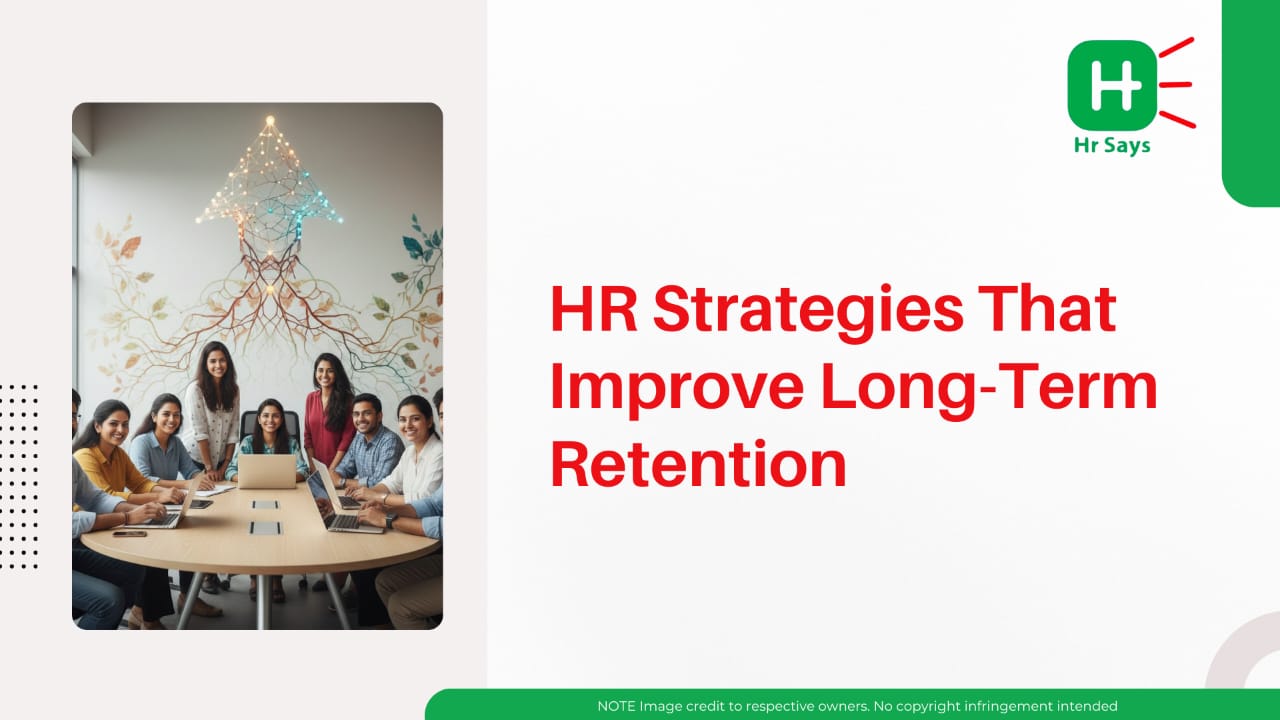
.jpeg)
.jpeg)
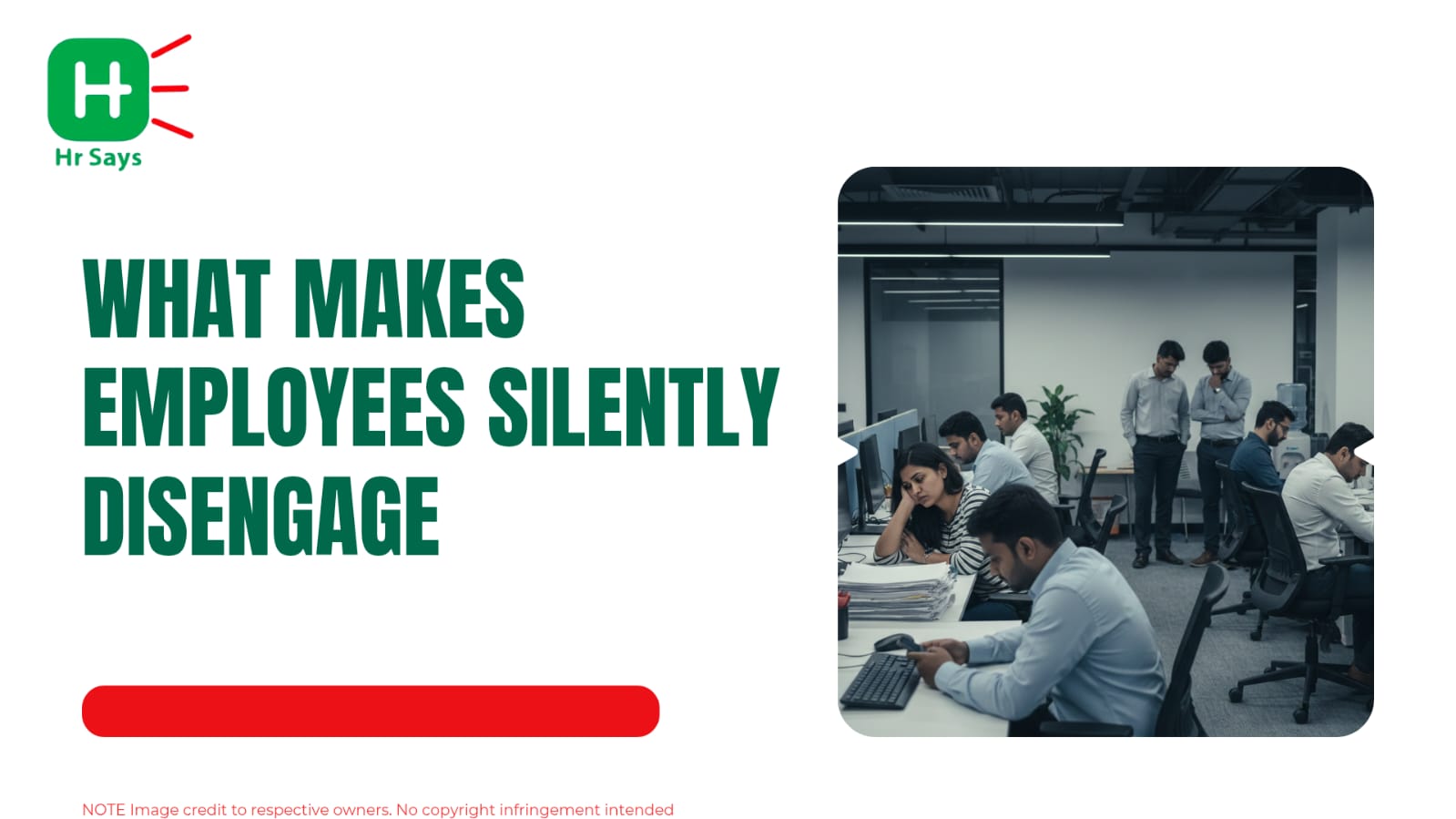
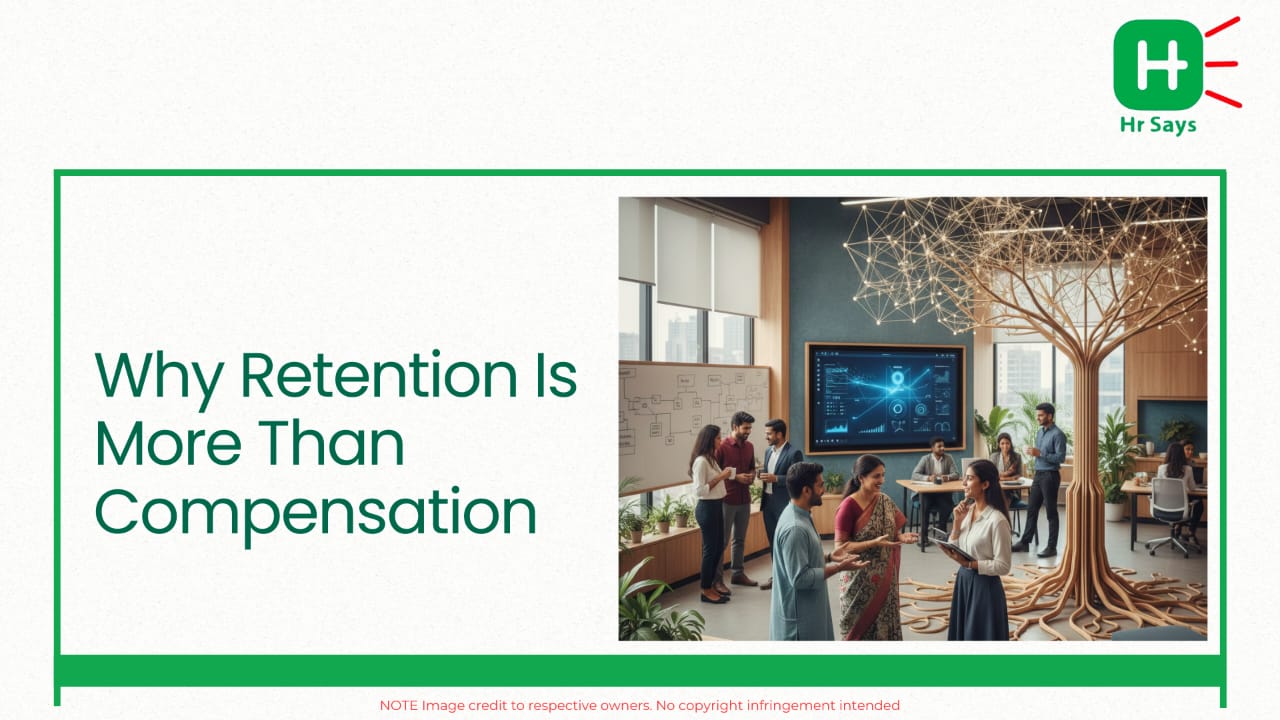
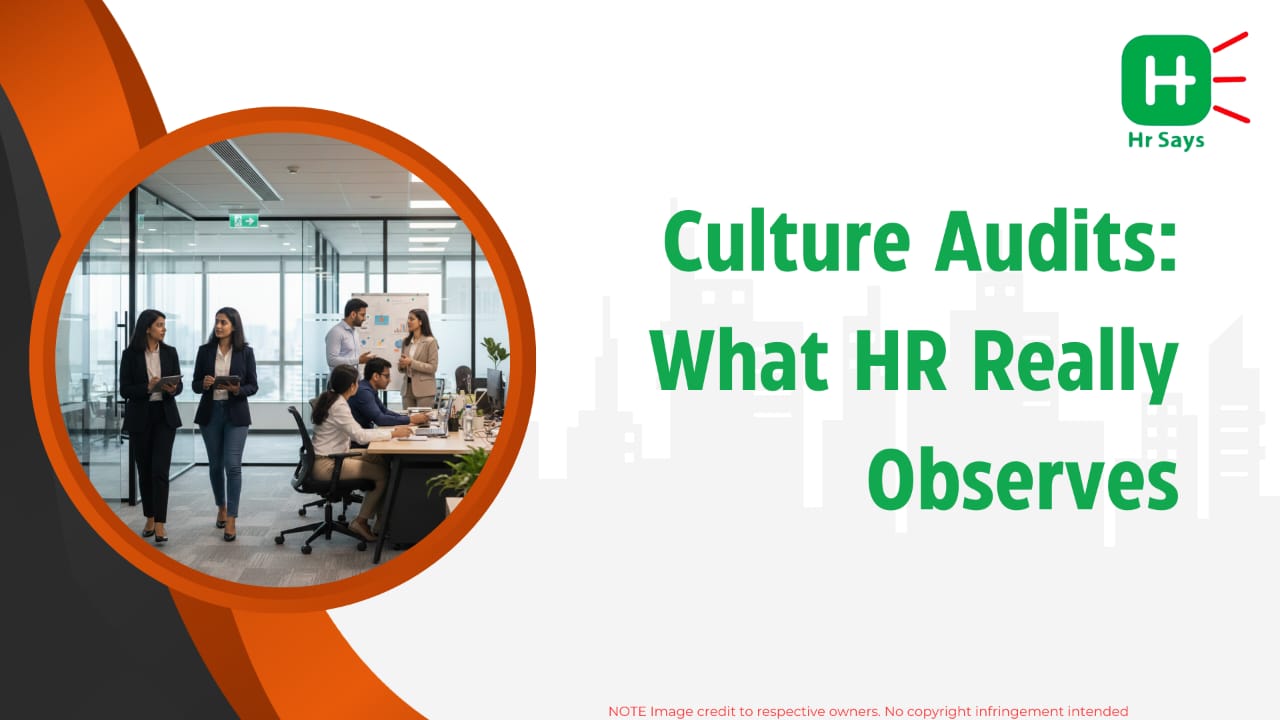
.jpeg)

.jpeg)

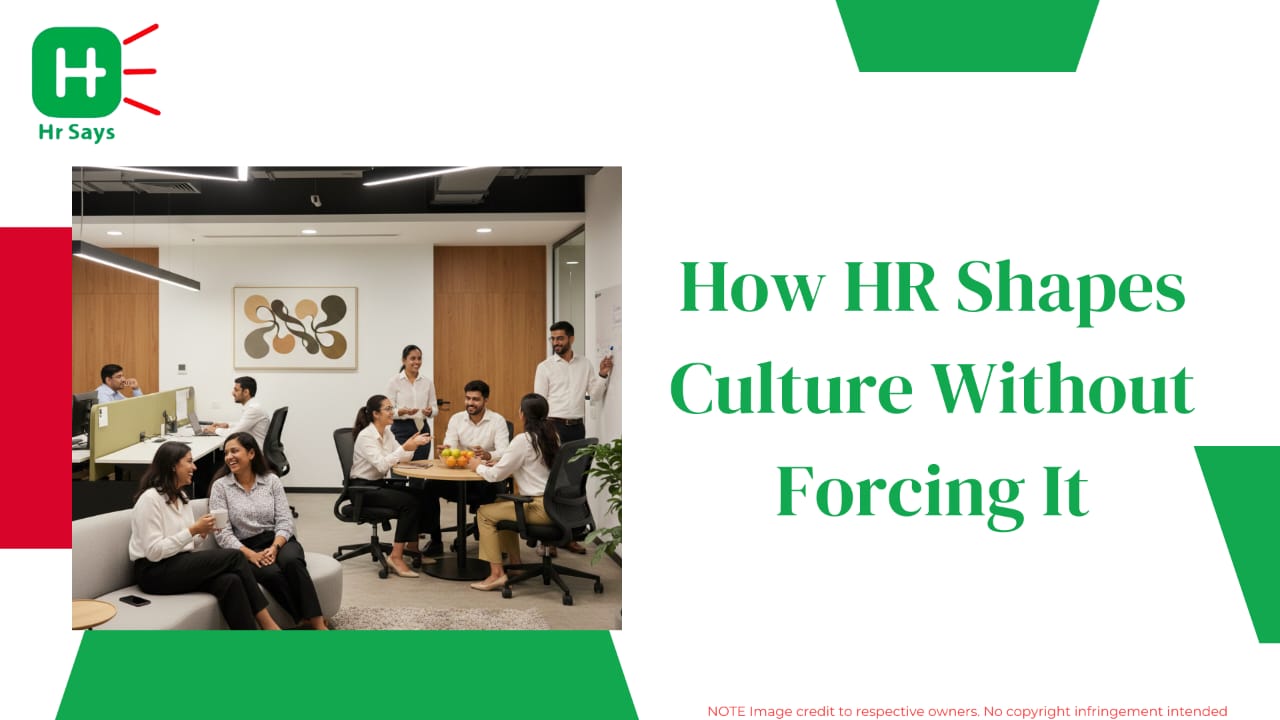
.jpeg)

.jpeg)
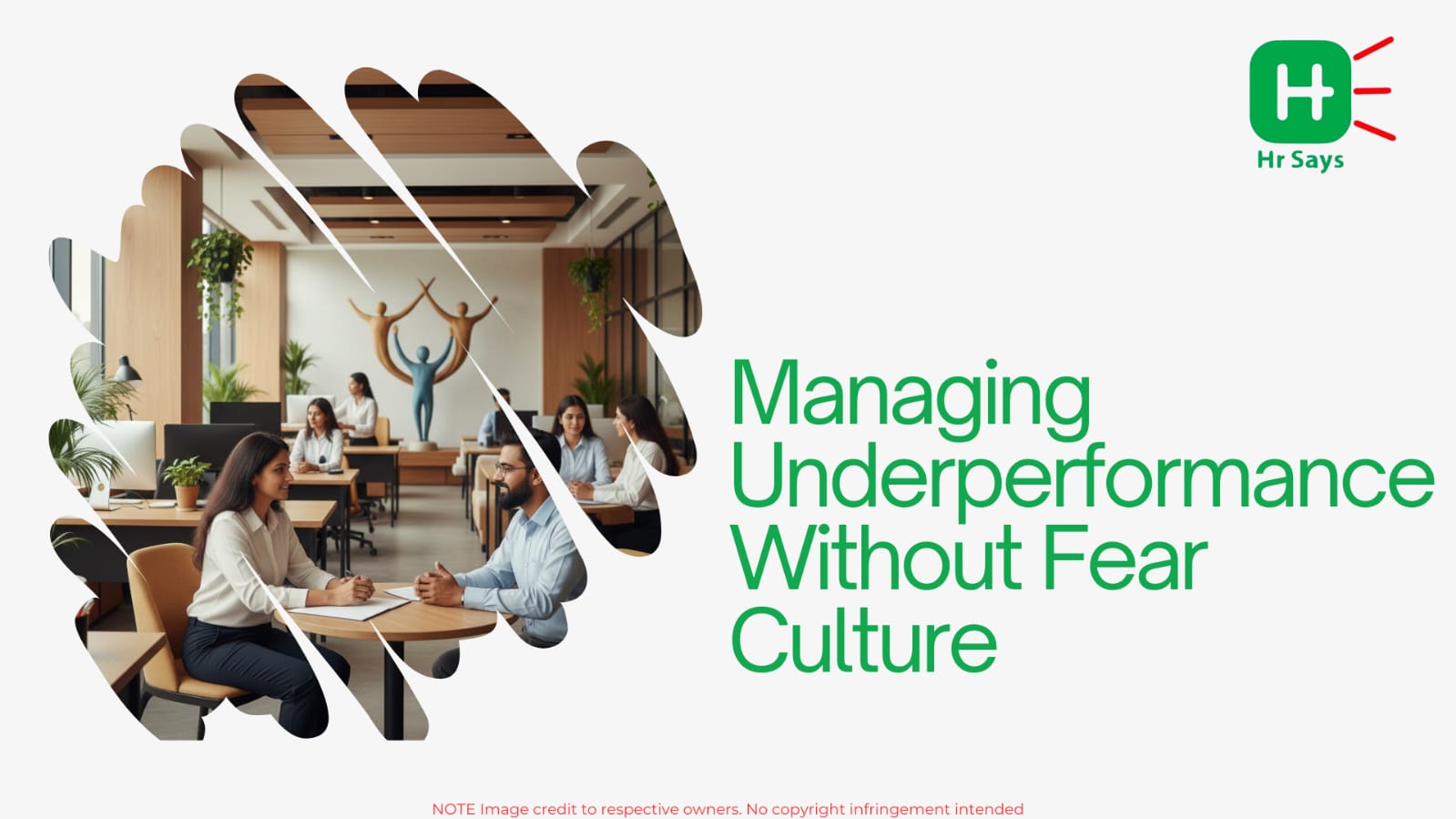
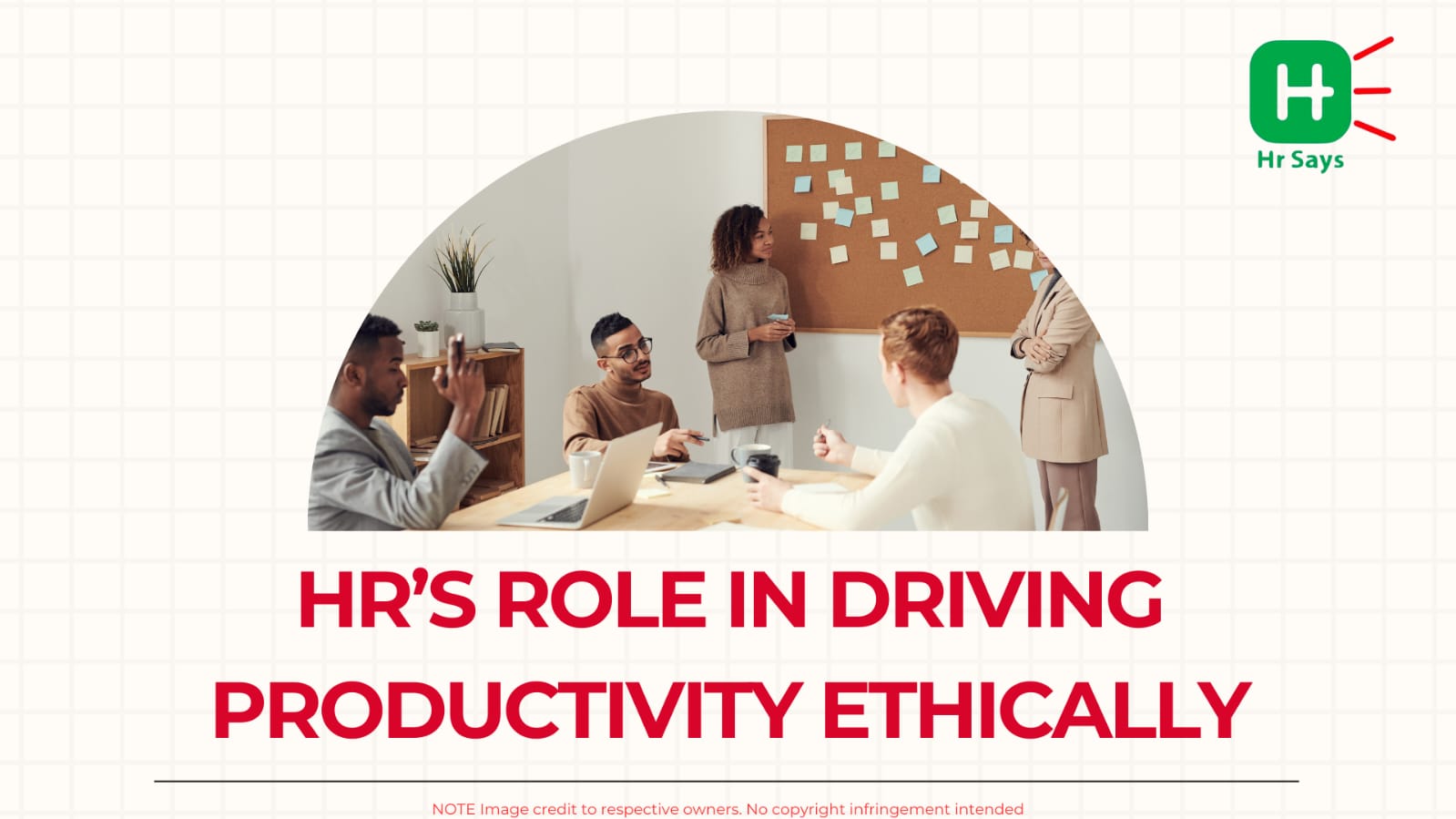
.jpeg)
.jpeg)